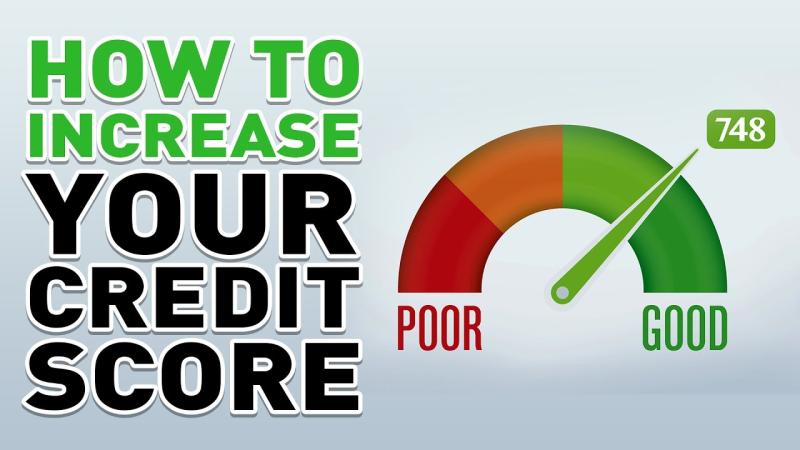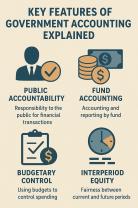How do you estimate your credit score?
Estimating your credit score involves understanding the factors that contribute to your score and using available information to gauge where your score might fall within the credit score range. Here are steps and tips to estimate your credit score:
Know the Factors Affecting Credit Scores:
- Payment History: Timely payments on credit accounts.
- Credit Utilization: Amount of credit used compared to available credit.
- Length of Credit History: How long your accounts have been open.
- Types of Credit: Mix of credit accounts (credit cards, loans, etc.).
- New Credit: Recent applications for credit and inquiries.
Check Your Credit Report:
- Get a free credit report from annualcreditreport.com or other reputable sources. Review your report for accuracy and to understand your credit accounts, payment history, and any negative marks.
Use Credit Score Estimators:
- Various financial websites offer credit score estimators or calculators based on your financial behavior. While not precise, these tools can provide a rough estimate of your score range.
Review Credit Monitoring Services:
- Some credit monitoring services provide estimates of your credit score as part of their offerings. These services track changes in your credit report and may provide estimates of your score based on the information they monitor.
Credit Score Ranges:
- Understand the credit score ranges. FICO scores range from 300 to 850. Excellent scores are typically above 750, while scores below 600 might be considered poor.
Consider Credit Behavior:
- Reflect on your financial habits and how they align with the factors affecting credit scores. If you consistently pay bills on time, manage credit responsibly, and keep credit utilization low, your score is likely higher.
Use Credit Score Simulator Tools:
- Some credit monitoring services offer simulators that allow you to see how certain actions (like paying off debt or opening a new credit account) might impact your credit score.
Remember, estimating your credit score is not the same as knowing your actual score. For a precise credit score, you'd need to obtain it from a credit bureau or a service that provides access to your FICO score. Regularly monitoring your credit report and maintaining healthy financial habits can help you maintain or improve your creditworthiness over time.
1. Financial Health Check: How to Estimate Your Credit Score
Your credit score is a crucial factor in determining your financial health and well-being. It influences your ability to borrow money, rent an apartment, obtain insurance, and even secure employment. Understanding your credit score and taking steps to manage and improve it is essential for achieving financial stability.
Estimating Your Credit Score
While there are no foolproof methods to predict your exact credit score, several factors contribute to its calculation. These factors can be broadly categorized into five categories:
Payment History: This accounts for 35% of your credit score and reflects your track record of making timely payments on loans, credit cards, and other credit obligations.
Credit Utilization: This represents 30% of your credit score and measures the amount of credit you're using compared to your total available credit limit. Ideally, you should keep your credit utilization below 30%.
Length of Credit History: This accounts for 15% of your credit score and reflects the duration of your credit history. The longer your credit history, the more favorable it appears to lenders.
Types of Credit: This makes up 10% of your credit score and considers the diversity of your credit accounts. Having a mix of credit types, such as installment loans and revolving credit cards, can positively impact your score.
New Credit: This accounts for 10% of your credit score and considers the frequency of recent credit applications. Too many inquiries in a short period can negatively affect your score.
Methods for Estimating Your Credit Score
Several methods can provide an estimate of your credit score:
Credit Score Simulators: Online credit score simulators allow you to input your credit information and receive an estimated score range.
Credit Score Estimation Tools: Some credit card companies and financial websites offer credit score estimation tools based on your financial data.
Free Credit Score Reports: Many credit bureaus provide a free annual credit report, which includes a credit score estimate.
Exploring methods and factors involved in estimating an individual's credit score
Credit bureaus, the entities that collect and maintain credit information, use complex algorithms to calculate credit scores. These algorithms consider various factors, including:
Payment History: Consistently making timely payments on your credit obligations is crucial for maintaining a good credit score.
Credit Utilization: Keeping your credit utilization low demonstrates your ability to manage your credit responsibly.
Length of Credit History: A longer credit history indicates a more established credit profile, which is generally viewed favorably.
Types of Credit: A diverse credit mix, such as installment loans and revolving credit cards, suggests that you can handle different types of credit responsibly.
New Credit: Opening too many credit accounts in a short period can raise concerns about your creditworthiness.
Public Records: Negative public records, such as bankruptcies or tax liens, can significantly impact your credit score.
Tips for managing and improving credit scores for financial well-being
Maintaining a healthy credit score is essential for achieving financial well-being. Here are some tips for managing and improving your credit score:
Review Your Credit Report Regularly: Obtain your free annual credit report from each credit bureau and check for errors or discrepancies.
Make Payments on Time: Prioritize timely payments on all your credit obligations, as payment history is a significant factor in your credit score.
Keep Credit Utilization Low: Aim to keep your credit utilization below 30% to demonstrate responsible credit management.
Limit New Credit Applications: Avoid applying for too many credit accounts in a short period, as this can negatively impact your score.
Resolve Credit Disputes Promptly: If you find errors or discrepancies on your credit report, file a dispute with the respective credit bureau.
Consider Credit Repair Services: If your credit score is severely damaged, consider seeking assistance from a reputable credit repair service.
Practice Responsible Credit Habits: Use your credit responsibly, avoid excessive spending, and prioritize debt repayment.
By following these tips and managing your credit responsibly, you can improve your credit score, enhance your financial well-being, and open doors to better financial opportunities.












